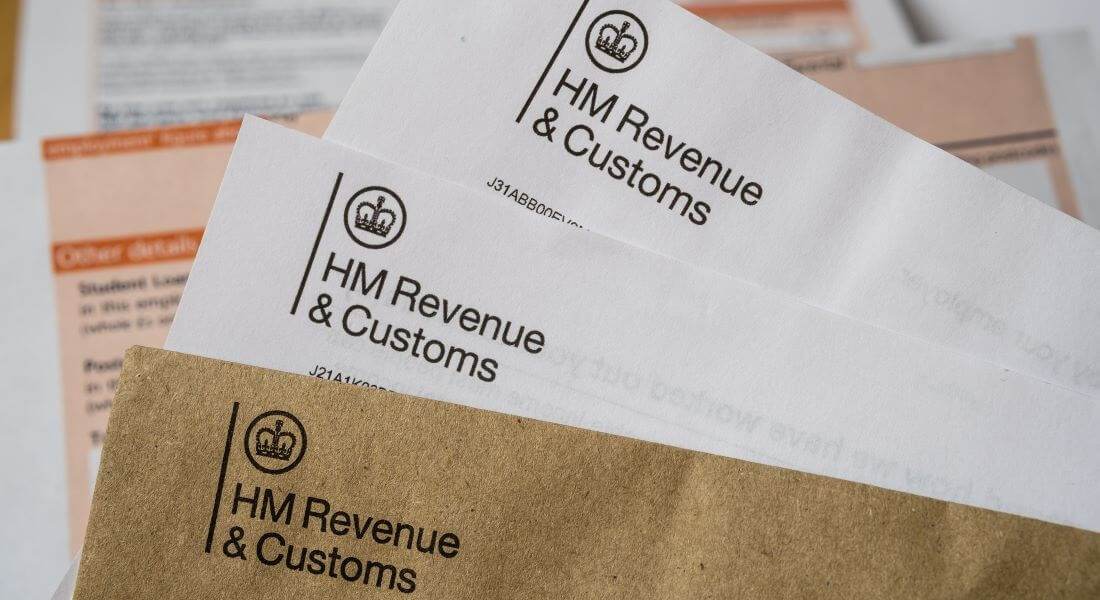A disclosure to HMRC will provide peace of mind and a clean slate going forward – HMRC will provide written acceptance of a disclosure following review, providing the disclosure is complete and correct. The insufficiency of tax must also be rectified, together with late payment interest and penalties in some cases.
A disclosure can be made to HMRC voluntarily or following receipt of a letter or enquiry. Making a voluntary disclosure to HMRC is strongly advised as you will benefit from the lowest possible penalty ranges. Making a timely disclosure will minimise the interest payable, compared to HMRC discovering the error. Making a voluntary disclosure also protects your position from a potentially costly HMRC enquiry. In more serious cases, a disclosure to HMRC can offer protection from criminal prosecution.
HMRC is in receipt of more information than ever before and has been using this information to send ‘nudge’ letters to those they believe have not paid enough tax. If such a letter is received and not responded to, HMRC is likely to open an investigation in the future based on the information it holds, so engaging professional advice and making a disclosure is highly recommended. A disclosure is usually recommended in the HMRC letter.
The disclosure process differs depending on the type of tax being disclosed and the entity to which the disclosure relates. In most cases, the disclosure process is clearly established, with time limits to which us and HMRC must adhere to. We have assisted clients in making various types of disclosures to HMRC, covering all heads of tax, including offshore income and gains, rental income and undisclosed capital gains. We are well placed to guide you through every step of the process in order to reach a successful outcome.
Contact Danielle Ford, Partner and Head of Tax Disputes & Resolutions, or Riocard Hoye, Senior Manager.









